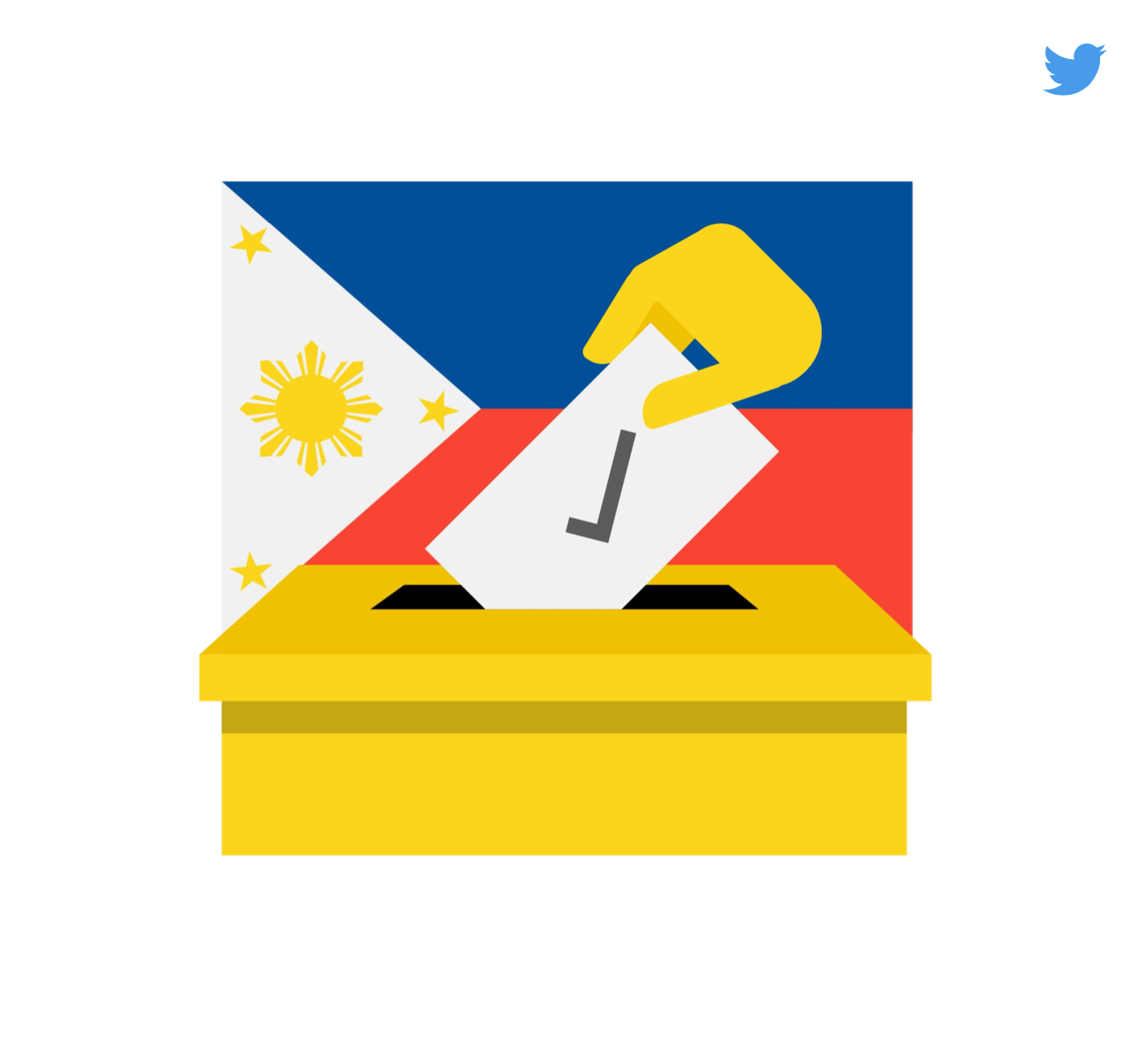The only survey that matters is the one on May 13, 2019
In his book, The Opinion Makers, David Moore makes the startling conclusion that pollsters “do not measure public opinion, they manufacture it.” He anchors this contention on the practice of polling firms to gloss over “voter indecision” during an election campaign. Moore notes:
“There is crisis in public-opinion polling today, a silent crisis that no one wants to talk about. The problem lies not in the declining response rates and increasing difficulty in obtaining representative sample, though these are issues the polling industry has to address. The problem lies, rather, in the refusal of media polls to tell the truth about those surveyed and about the larger electorate. Rather than tell us the essential facts about the public, they feed us a fairy-tale picture of a completely rational, all-knowing and fully engaged citizenry. They studiously avoid reporting on widespread public apathy, indecision and ignorance. The net result is conflicting poll results and a distortion of public opinion that challenges the credibility of the whole polling enterprise. Nowhere is this more often the case than in election polling.”
The 2007 Senatorial elections will be forever cited as one of the biggest reasons why senatorial candidates should never give up no matter what the surveys say. The biggest story of the 2007 elections is the victory of Antonio Trillanes IV. Despite being arrested for his involvement in the Oakwood Mutiny, Trillanes was able to win by capitalizing on the brewing public dissatisfaction with the Arroyo government. Trillanes did what seemed was impossible. Despite being behind bars and having limited political machinery and resources to stage a nationwide campaign, the then-thirty-five year old Senator still managed to climb up from just 21st in the April surveys to an 11th place finish in the actual polls. He won the seat with a margin of over 200 000 votes over the 13th-ranked senator.
It might be high time that Comelec take a second look at the publication of pre-election surveys in media. The use of these questionable survey findings is often misused by campaign teams to condition the minds of the Filipino public and the media who have grown to trust opinion polls, largely because of hype. While surveys are useful to guide campaign strategy, it is a disservice to voters who are cajoled to join the bandwagon.
As a voter, what you really need to base your decision on are the qualifications of the candidate and their platforms. Surveys do not provide that information. Surveys just say that one candidate is popular at the particular time that a survey is conducted. It does not help that traditional media solicits views from political analysts, thus contributing to the trending phenomena. Surveys are meant to be scientific and indicative of a certain snapshot of time but at the end of the day, voters can still be quite finicky and fickle.
READ: I am voting to keep the Senate as the last bastion of checks and balances
Novo Trends PH political analyst, Ramon Casiple says “A survey is a snapshot…Over time, the snapshot changes. This is the reason why surveys are not enough on its own. You have to understand the dynamics.” Election surveys, Casiple said, only have to ability to determine “top of mind” information. This means voters may be aware of a certain candidate that’s why he/she placed highly on the survey results but, come the elections, that candidate loses his/her bid for a certain position.
The trending effects of election surveys disrupt the people’s ability to choose between a good and a bad candidate. Let’s not waste our vote by basing it on trending and survey-driven analysis. Character, competence, clear vision, and coherent platforms of a candidate are crucial in the selection process.
The real results arrive on election day.


